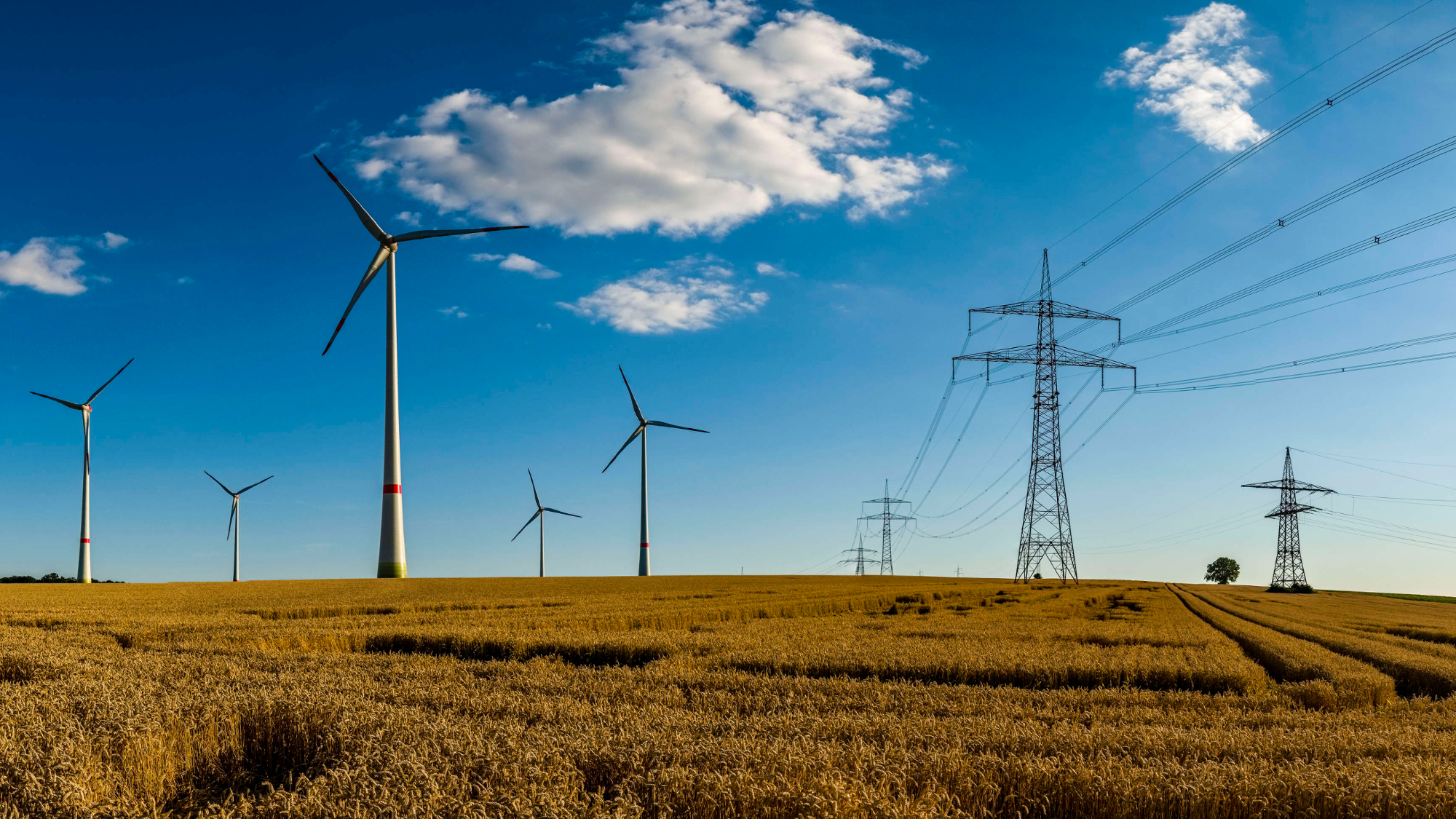US energy regulator OKs rule to boost power grid
The grid overhaul aims to meet a surging electricity demand


A free daily email with the biggest news stories of the day – and the best features from TheWeek.com
You are now subscribed
Your newsletter sign-up was successful
What happened
The Federal Energy Regulatory Commission (FERC) voted 2-1 Monday to adopt a new rule aimed at increasing interstate energy capacity to meet soaring demand. The long-awaited rule requires utilities and regional grid operators to collaboratively set 20-year plans that consider demand for and sources of electricity, reliability and the fairest way to pay for transmission upgrades.
Who said what
"Our country's aging grid is being tested in ways that we've never seen before," said FERC Chair Willie Phillips, one of two Democrats on the energy commission. "Without significant action now, we won't be able to keep the lights on in the face of increasing demand, extreme weather and new technologies." The commission's lone Republican and no vote, Mark Christie, said the rule "utterly fails to protect consumers" and attempts to improperly "enact a sweeping policy agenda" to boost wind and solar projects, which are especially stymied by grid logjams.
What next?
FERC has limited authority to push projects through, and the rule "could take years" to "have an effect" amid lawsuits from states and permitting gridlock, The New York Times said.
The Week
Escape your echo chamber. Get the facts behind the news, plus analysis from multiple perspectives.

Sign up for The Week's Free Newsletters
From our morning news briefing to a weekly Good News Newsletter, get the best of The Week delivered directly to your inbox.
From our morning news briefing to a weekly Good News Newsletter, get the best of The Week delivered directly to your inbox.
A free daily email with the biggest news stories of the day – and the best features from TheWeek.com
Peter has worked as a news and culture writer and editor at The Week since the site's launch in 2008. He covers politics, world affairs, religion and cultural currents. His journalism career began as a copy editor at a financial newswire and has included editorial positions at The New York Times Magazine, Facts on File, and Oregon State University.
